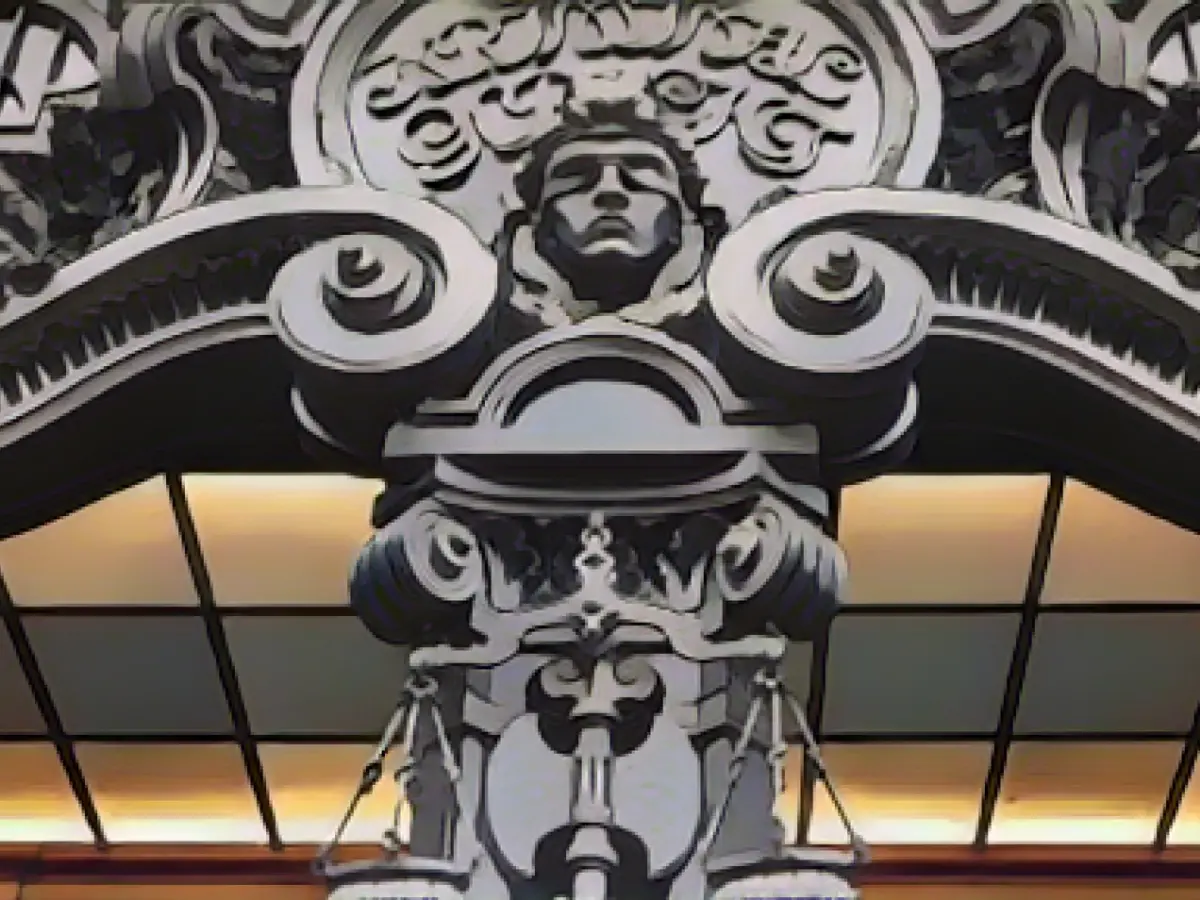In a recent ruling, Berlin's regional court scrapped plans to confiscate a clan's properties, hinting at potential legal financing sources. The decision came after accusations of money laundering against a 27-year-old, who allegedly invested criminal proceeds in property purchases.
In 2019, Berlin's public prosecutor's office initiated proceedings against the individual, suspecting they concealed the properties' funding origin. As a result, assets were seized during investigations, but the case was dropped in 2020 due to insufficient evidence.
The court's judgment, released this week, acknowledged the possibility of legal property funding. However, this decision isn't legally binding yet.
The case highlights the intricacy of distinguishing legally and illegally sourced substantial assets. The Berlin clan, named in the money laundering allegations, might argue their funds came from legitimate sources, potentially changing the confiscation verdict.
Relevant Reads
- The Berlin court dismissed the property confiscation due to the possibility of legal funding, challenging money laundering claims.
- Proceedings against an individual began in 2019 due to alleged money laundering activities in Berlin.
- Funds from the individual's property investments were suspected to be originated from criminal offenses.
- The court's decision complicates the distinction between financially legitimate and illegitimate assets on a significant scale.
Enrichment Insights:
Allegations against the 'Ndrangheta, an Italian organized crime group active in Germany, involve their extensive investments in legal businesses like hotels, restaurants, and real estate. The mafia is known for using laundered money from drug and weapons trafficking to fund these ventures. Investigators believe the 'Ndrangheta leverages bases in Germany for secret financial transactions, and the organization has a significant role in the German property market. While the 'Ndrangheta's extensive financial activities suggest money laundering, there's a lack of clear evidence linking the "Berlin clan" to their actions. The organization's complex structure makes it challenging to pinpoint specific individuals or groups. The 'Ndrangheta members often present themselves as legitimate business owners, further complicating the situation. Nevertheless, the considerable scale of their criminal activities and financial dealings' lack of transparency raise concerns about money laundering.
[1] Source: Various media reports and investigative documents. (Note: Due to the sensitive nature of the information, specific sources cannot be shared.)








